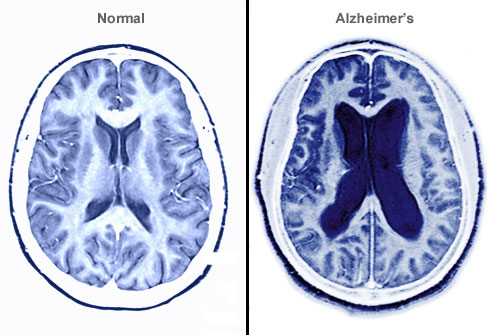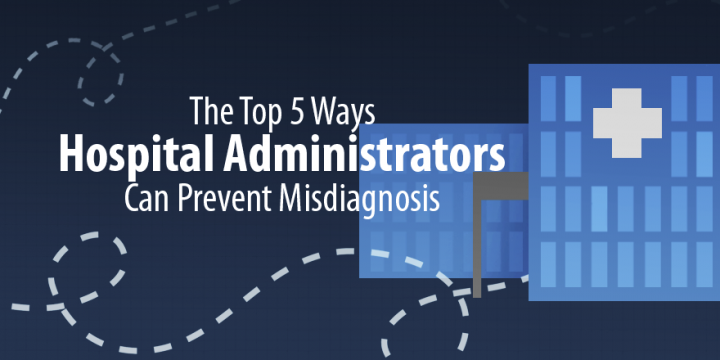Alzheimer’s Disease
What is Alzheimer’s disease? Alzheimer’s disease is a malfunction or disorder of the human brain. Alzheimer’s disease is named after a German physician Alois Alzheimer. In 1906 Alois Alzheimer first encountered the disorder and began to describe Alzheimer’s disease and begin what would become his life’s work.
Since Alois Alzheimer work over a century ago scientists have built on his work and discovered more and more about the disorder and now can say with authority what Alzheimer’s disease can do, but sadly especially for the sufferers of Alzheimer’s disease they can’t say how to prevent it and are no closer to a cure for Alzheimer’s disease than Alois Alzheimer was in 1906.
The reason for this lack of progress is not the amount of sufferers worldwide although as a proportion of any population Alzheimer’s disease sufferers don’t represent a significant number something in the region of one in every million, on the contrary Alzheimer’s disease and its associated research to discover what causes it and how to treat and cure it costs many hundreds of millions worldwide annually.
The pure fact that humankind knows almost nothing about the human brain and its function is the root cause of the lack of any progress in developing treatments and cures for Alzheimer’s disease after 100 years of trying, not lack of funding or effort.
It could be said that the many hundreds of millions used to research one small problem with the an organism as complicated as the brain is in reality a waste and that money would be better spent learning about the brain and as a by-product it is possible that a cure for Alzheimer’s disease would be stumbled upon.
So exactly what is Alzheimer’s disease and what is the best way to describe it? Most Neurological specialists agree with the following broad definition.
“Alzheimer’s disease is a progressive and debilitating brain disease which is always ultimately and fatal.”
As far as scientists, physicians and neurologists are aware today Alzheimer’s disease consumes or destroys brain cells this action in turn causes the sufferer progressive and significant problems with thinking, memory, and eventually behaviour.
These symptoms and the problems they cause are severe enough to affect work, lifelong hobbies and social life, indeed there isn’t any part of a human’s life that won’t be adversely affected by Alzheimer’s disease and as it is a progressive disorder the affects are culminative and the Alzheimer’s disease patient and those around him experience terrible trauma.
There is never any remission because unfortunately Alzheimer’s disease just gets worse over time and is eventually fatal in fact Alzheimer’s disease is recognised as the most common form of dementia both general and senile.
Dementia is in fact a general and commonly used term for the loss of memory together with other intellectual faculties and abilities, which is serious enough to get in the way of with daily life and the normal routine. Figures suggest that Alzheimer’s disease accounts for between 50 and 70% of all dementia cases.
إعداد: ود خالد







